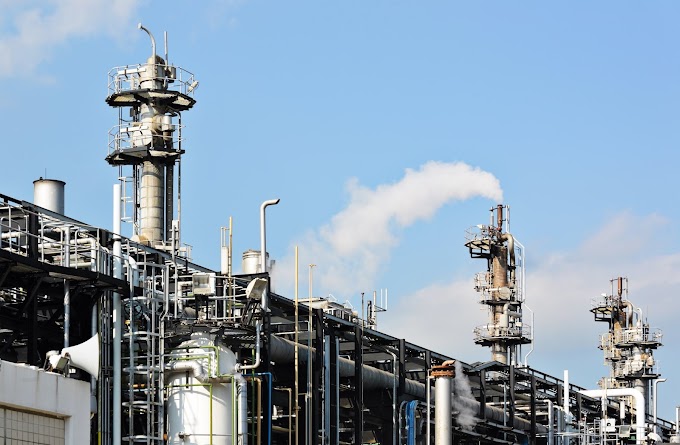The Emirates Nuclear Energy Corporation (ENEC) announced that the Unit 1 of Barakah Nuclear Energy Plant has started commercial operations. His Highness Sheikh Mohamed bin Zayed Al Nahyan, Crown Prince of Abu Dhabi and Deputy Supreme Commander of the Armed Forces, applauded this achievement, describing it as a significant milestone in the UAE’s long-term roadmap for sustainable, knowledge-based economic prosperity, benefiting many generations to come.
His Highness said that the UAE Peaceful Nuclear Program, which is run by the UAE talented and fully qualified Emirati expertise, along with global expertise, will be a game changer of the energy sector in the country. His Highness added that the UAE Program has become a global and pioneering role model in close international cooperation in such strategic projects.
The UAE government entity mandated to deliver the UAE program, the ENEC, part of ADQ, one of region’s largest holding companies, confirmed that its operating and maintenance subsidiary, Nawah Energy Company (Nawah) has successfully started commercial operations of the first Unit of Barakah Plant, following the completion of all testing activities. The 1400 MW Unit 1 is now providing constant, reliable, and sustainable electricity around the clock, with three further units to begin generating in the coming years. As a result, ENEC is now leading the largest decarbonization effort of any industry in the UAE to date.
Khaldoon Khalifa Al Mubarak, Chairman of ENEC, said: "The UAE set a clear roadmap with solid principles to ensure this project’s development in accordance with the highest international industry standards of safety and quality with full transparency. Our investment in pioneering technologies and the decarbonization of our electricity production not only advances the UAE’s clean energy leadership but also produces tangible socioeconomic and environmental benefits. We congratulate all of our partners as we continue to support the prosperity and sustainable growth of our country".
Mohamed Ibrahim Al Hammadi, Chief Executive Officer of ENEC, said: "After more than a decade of strategic planning, program development and construction, today we are confidently marking the start of a new chapter in for the UAE’s transition to cleaner energy sources. The Barakah Plant uses a proven technology for significantly reducing carbon emissions to tackle climate change, one of the biggest challenges the world has ever faced. Our talented team of UAE Nationals and international experts has worked tirelessly with the support of our Leadership and international partners to reach this pivotal milestone in the UAE Program’s history."
Barakah One Company, ENEC’s subsidiary in charge of the financial and commercial activities of the Barakah project, signed a Power Purchase Agreement (PPA) with the Emirates Water and Electricity Company (EWEC) in 2016 to purchase all electricity generated at the plant for the next 60 years. Electricity produced at Barakah Plant feeds into the national grid in the same manner as other energy plants, providing clean electricity to homes and businesses across the country.
The start of commercial operations follows a period of extensive testing, overseen by the independent national regulator – the Federal Authority for Nuclear Regulation (FANR). FANR conducted 312 independent inspections since the start of Barakah’s development. These reviews have been conducted alongside more than 42 assessments and peer reviews by the International Atomic Energy Agency (IAEA) and World Association of Nuclear Operators (WANO).
The Barakah Nuclear Energy Plant, located in the Al Dhafra region of the Emirate of Abu Dhabi, is one of the largest nuclear energy plants in the world, with four APR-1400 Units. Construction of the Plant began in 2012 and has progressed steadily ever since. Unit 2 has now completed the fuel load process and is working through all of the required processes prior to start-up, scheduled for later in 2021. Construction of Units 3 and 4 are in the final stages with the Units 94 percent and 89 percent complete respectively, benefitting from the experience and lessons learned during the construction of Units 1 and 2. The construction of the Barakah Plant as a whole is now more than 95 percent complete.










